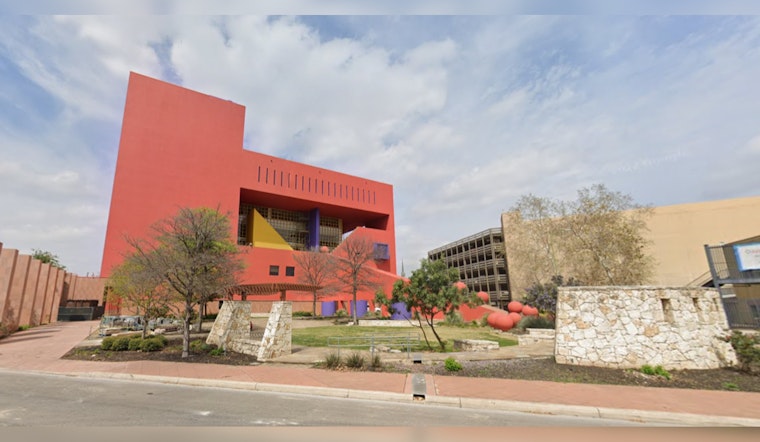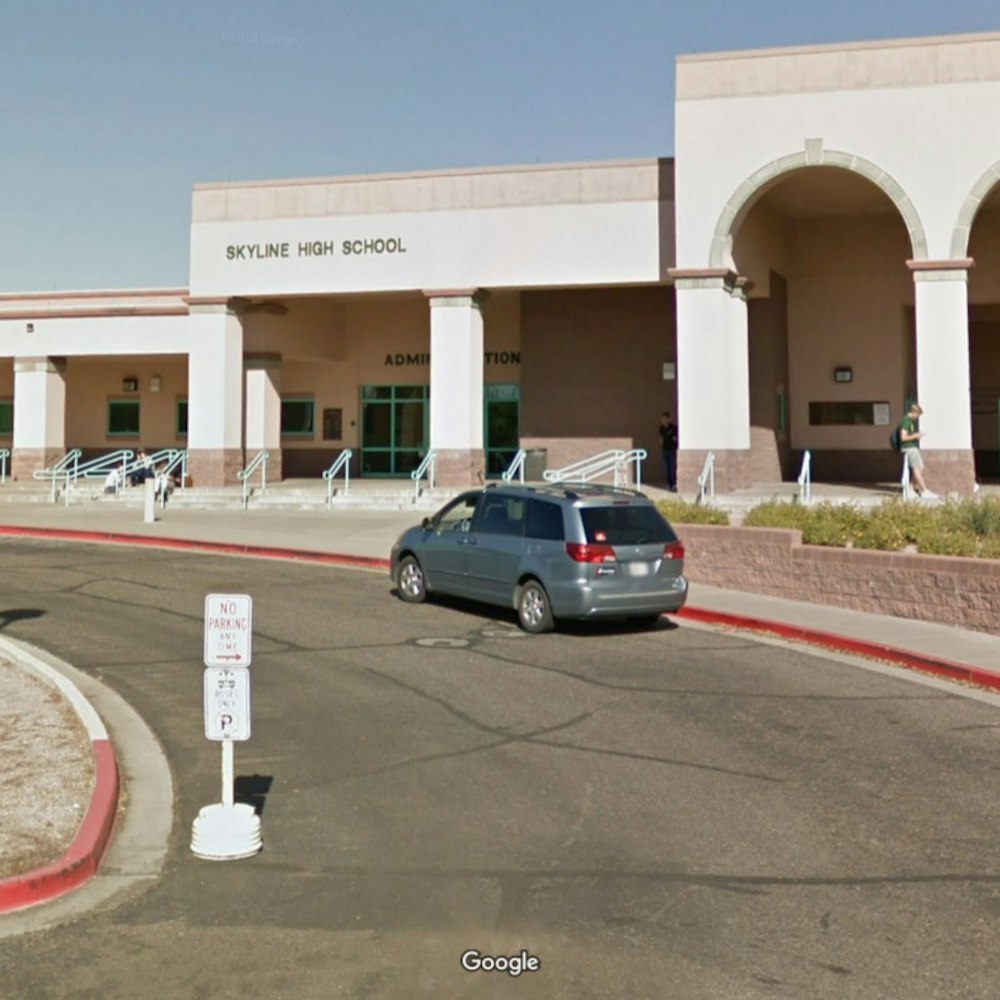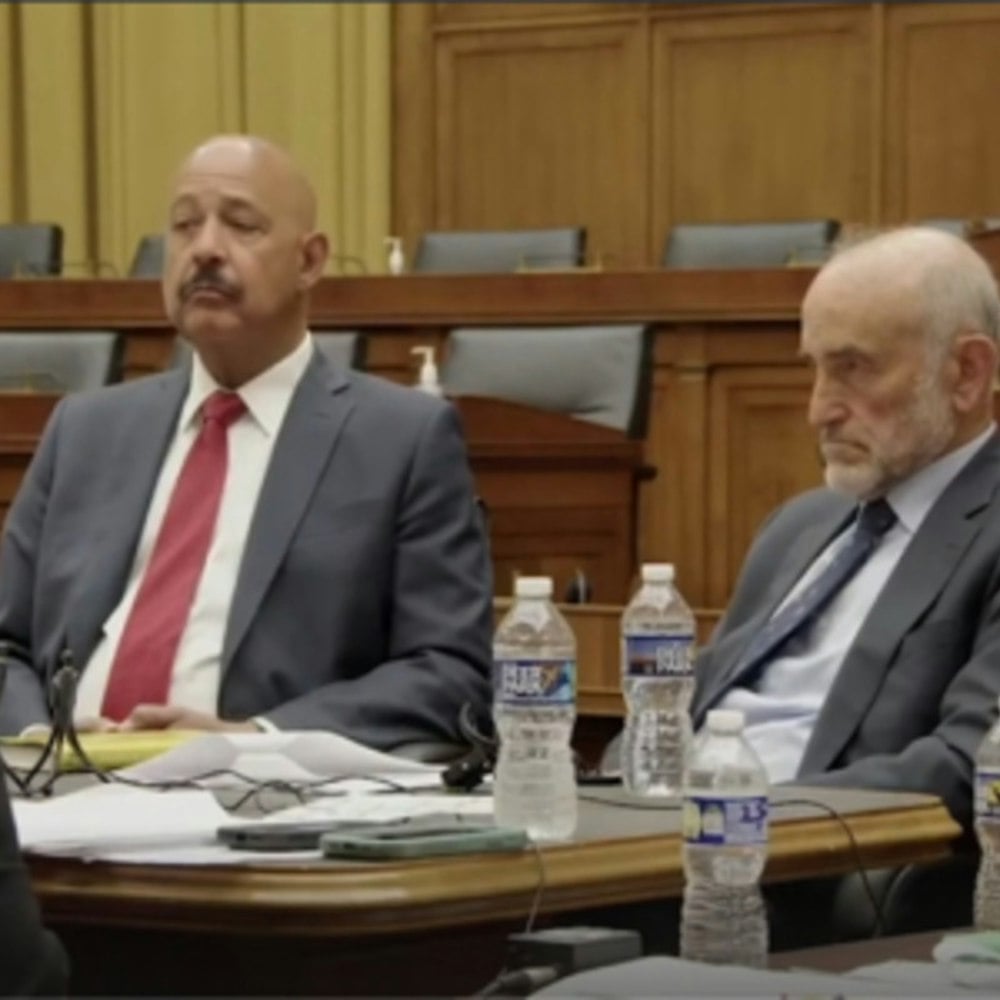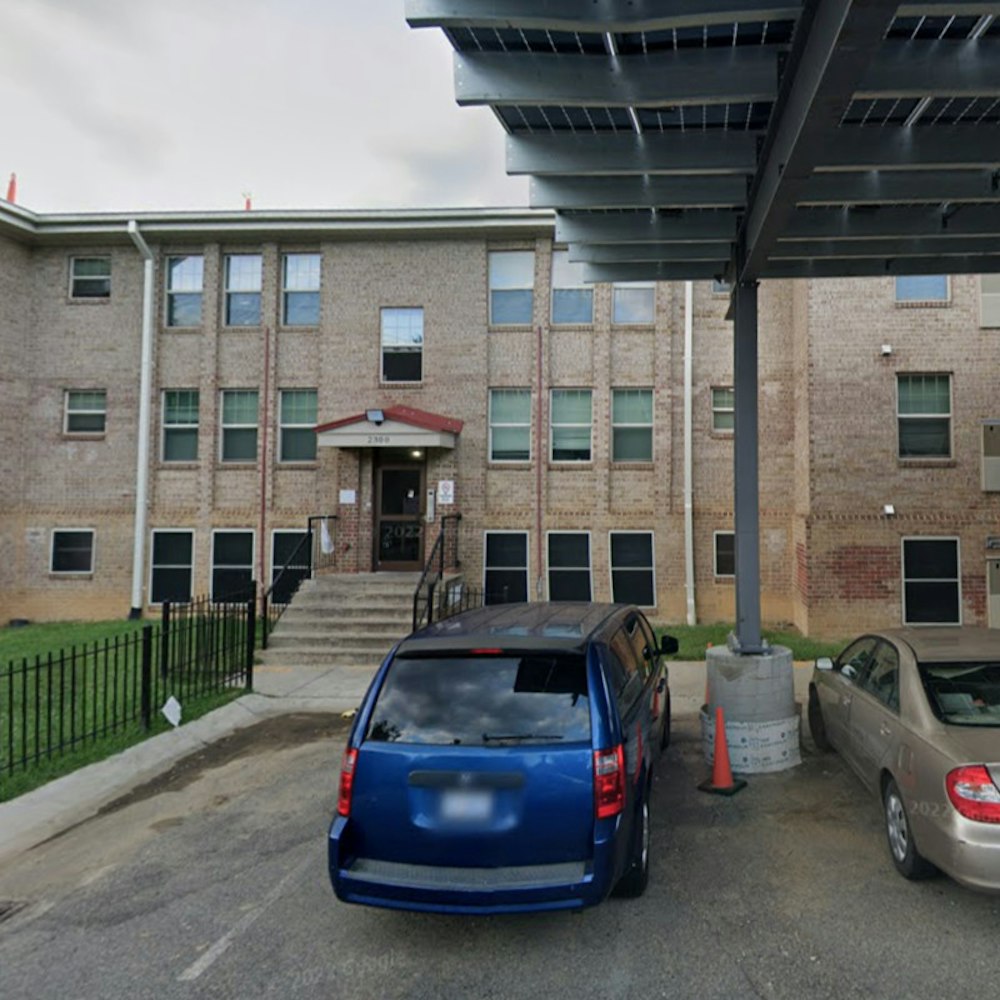
A group of activists gathered at the San Antonio Central Library over the weekend in a peaceful protest of a pilot program that has brought armed police officers to the premises. The demonstration, dubbed a "read-in," saw participants quietly enjoying books, their silence underscored by messages pinned to their clothing in defense of the library as a non-intimidating space dedicated to learning and knowledge. According to a KSAT report, community builder with ACT 4 SA Jade Pacheco expressed concern that the presence of law enforcement would deter vulnerable populations, including communities of color, LGBTQI+ individuals, and the homeless, from utilizing library resources.
The pilot program, intended as a response to 18 reported assaults within the library over the past year — incidents involving patrons, security staff, and library employees — was enacted to provide an added sense of security. However, Pacheco highlighted that many community members who had previously turned to the library as a haven now feel unsafe due to the potential police presence. "We're her to say that we want an end to this program, because this is not good for our community," Pacheco told KENS 5 News.
Officials at the Central Library have acknowledged the pilot program is not a perfect solution and are exploring additional measures such as staff de-escalation training and potentially incorporating social workers within the library system. Hayley Holmes, Interim Assistant to Director at the library, mentioned collaboration with UTSA on a needs assessment to identify alternative strategies. After the pilot concludes in mid-May, the library plans to review the impact of the program, which so far appears not to have elicited negative feedback from patrons. "We've had a lot of public input about the police pilot, but our patrons really haven't said anything negative about it," Holmes said in a statement obtained by KENS 5 News.
However, for the activists, the question hinges not on the quantitative data of reduced assaults but the qualitative implications of policing in what is traditionally a space for unfettered intellectual exploration. They push for dialogue with organizations representing the interests of library patrons and advocate for non-policing alternatives. Reflecting on the intentions behind the read-in, Pacheco told KSAT, "We're going to keep fighting against this program and fight for alternatives that would address community needs better." As activists continue their advocacy and library officials evaluate the results of the pilot program, this issue remains at the forefront of a community-wide discourse on safety, inclusion, and the role of public spaces.









